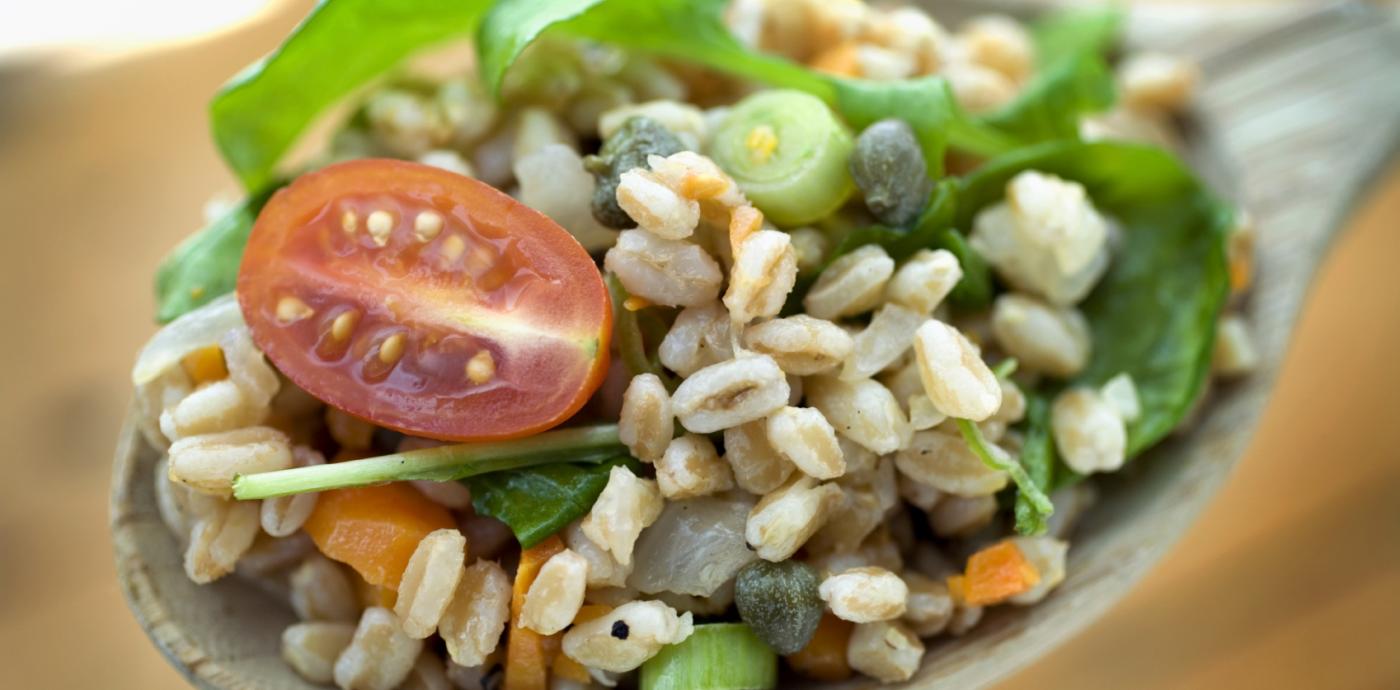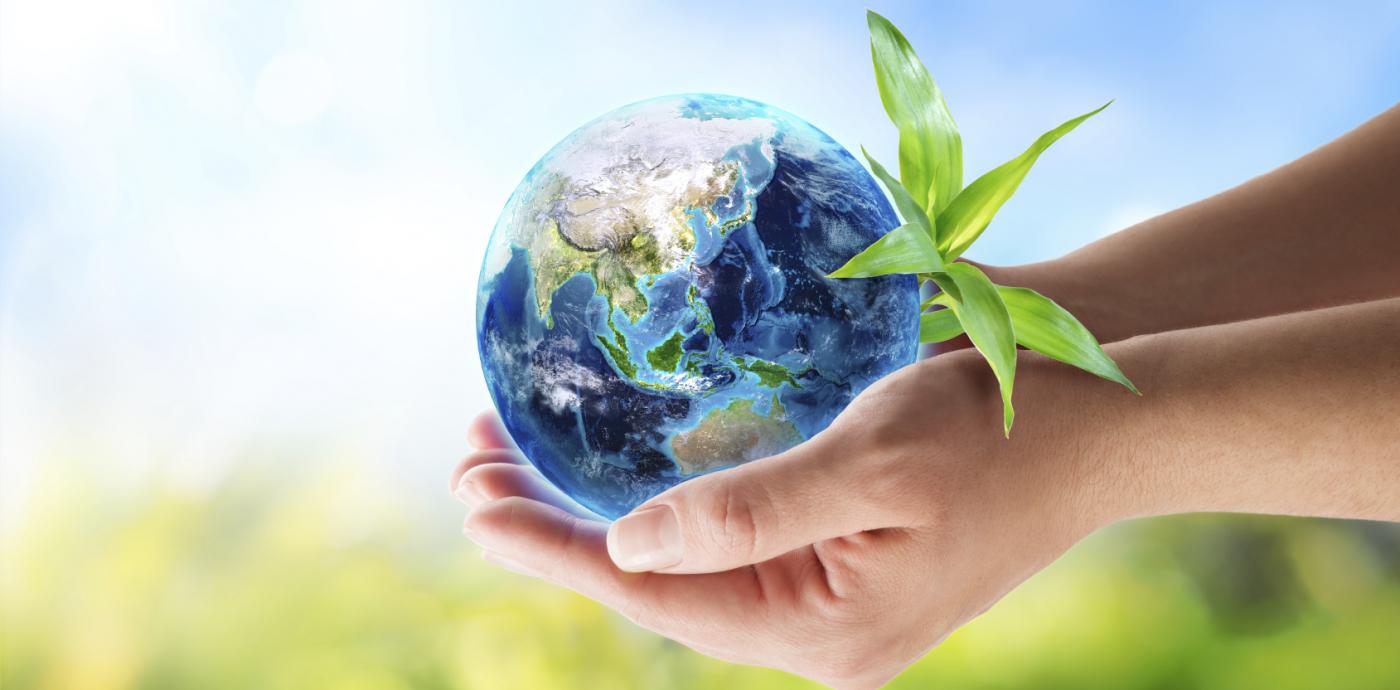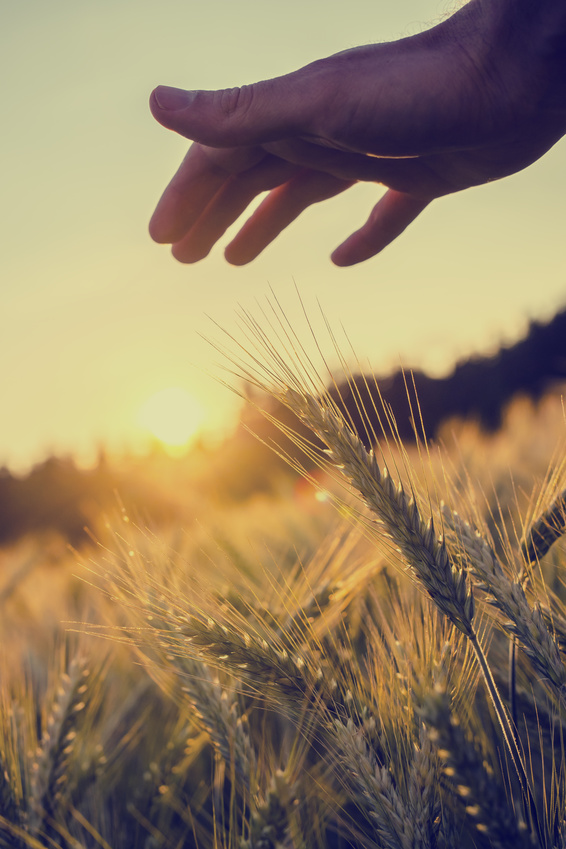This blog was originally published on US News & World Reports Eat + Run blog. See the original post here.
Last year, scientists from around the Mediterranean Sea came together for a conference in Milan, Italy, titled, Revitalizing the Mediterranean Diet. It may seem strange that a conference in Italy a place known for extra virgin olive oil, pasta, and long leisurely meals would focus on bringing back the Mediterranean Diet. However, the truth is that a large percentage of people all around the Mediterranean region have left behind their traditional Mediterranean ways of eating for a diet of high-calorie, American-style fast foods. What can entice them back to eating like their ancestors The scientists behind the conference believe that sustainability could be the key.
The sustainability train is gaining momentum. Mainstream stores like Walmart and Krogers are following in the footsteps of pioneers like Whole Foods and Wegmans by selling seasonal, local produce and featuring ugly fruits and vegetables rather than only the prettiest produce. Corporate America is appointing Sustainability Officers and including environmental concerns in advertising all signs that the train is certainly moving toward a more sustainable future.
Good for Human and Planetary Health
The Mediterranean Diet ts perfectly within this movement. Like all traditional diets, Mediterranean cuisine has always been steeped in sustainability and seasonal, local foods whole grains or pasta with beans and greens foraged from the hillsides, as well as vegetables ripe from the garden. Centuries ago, almost nothing came in boxes; meat, eaten rarely, was consumed from nose to tail, including organ meat, and only a few pinches of rare spices came from far away.
Twenty-five years ago, sustainability was rarely part of the conversation about food, but Oldways founder K. Dun Gifford vowed to change that. He created Oldways in 1990 to save healthy dietary traditions and sustainable agricultural practices that were in practice for millennia and that, at an accelerating rate, were being swept away by the wash of global and agricultural and food marketing practices. Since then, a lot has changed in the world of food and nutrition. When I received the invitation to this recent Med Diet conference the only non-scientist and American invited to speak I knew the Oldways mission was working, and the Med Diet would soon be clearly linked with sustainability.
Affordable Meets Healthy
For some reason, many people today see the Mediterranean Diet as an elite way of eating thats far too expensive to enjoy on a daily basis. In fact, the Mediterranean Diet is an affordable way to eat, not to mention its great for the environment. Use this practical advice to revitalize the spirit of the Mediterranean Diet in your own life:
- Eat more plants and less meat. If you do eat meat, eat smaller amounts of higher quality meat, raised in a sustainable, humane manner.
- Consult seafood guides, like the Monterey Bay Aquariums Seafood Watch Guide, to be sure you’re purchasing and eating sustainable fish and seafood.
- Explore legumes and pulses, the protein backbone of most sustainable diets.
- Cook whole foods as much as you can, with olive oil as your principle fat.
- Add herbs and spices for flavor, in contrast to the artificial flavors and added sugar used to flavor processed foods.
- Aim to reduce food waste by freezing, sharing, and/or repurposing leftovers into another meal.
- When possible, support local farms and farmers to create a vibrant local food system and sense of community.
- Think about food as fuel for your body. Higher octane food can produce better outcomes.
- Keep packaging and food waste to a minimum, and compost or recycle as much as you can.
As Alice Waters, an important pioneer in the food world, wrote in 1990 in a collection of essays called flour Sustainable Table: We are utterly dependent on the health of the land, the sea and the planet as a whole, and this search for good ingredients is pointless without a healthy agriculture and a healthy planet.
Food matters, and each of us can play a part in supporting our own health and that of Mother Earth.
Sara Baer-Sinnott, Oldways President









Leave a comment